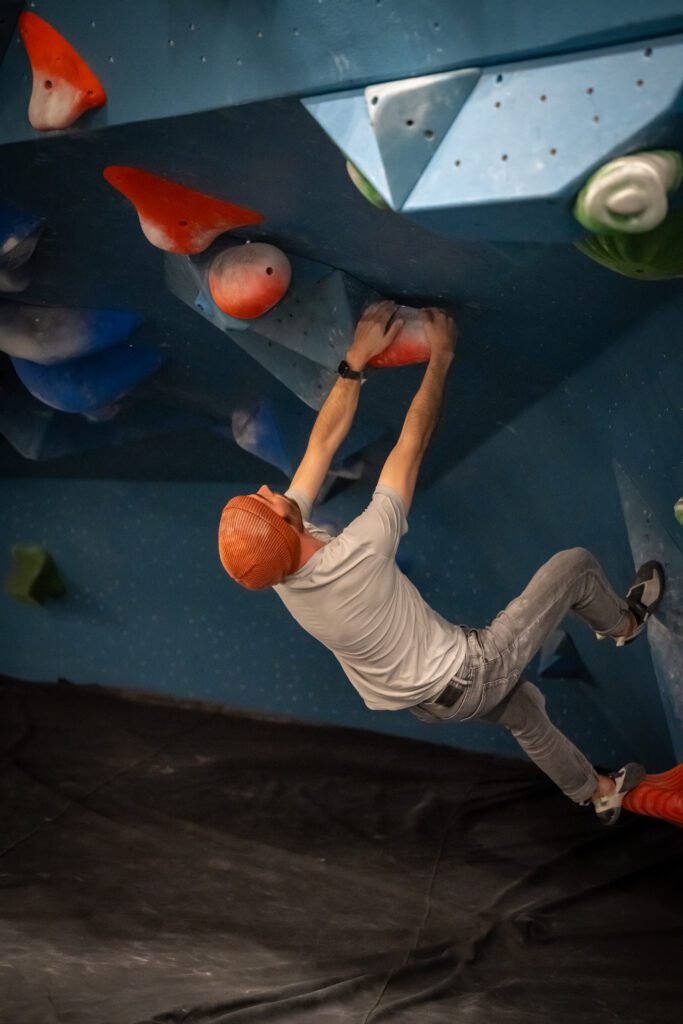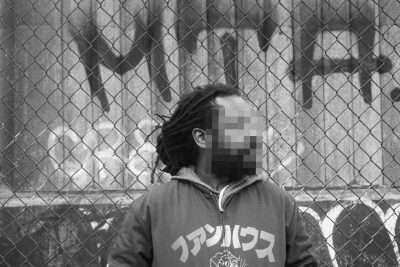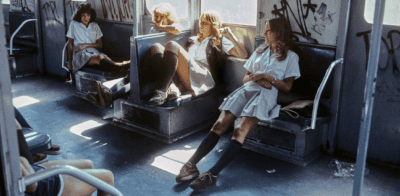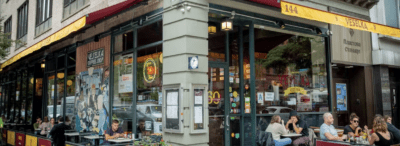Courtesy Bouldering Project Brooklyn
A climbing community grows in Brooklyn
Bouldering Project Brooklyn welcomes beginners and challenges experienced climbers
From the time Brooklyn Boulders was sold to Bouldering Project Brooklyn, it took nearly two years for the Gowanus climbing gym’s renovations to be complete. The undertaking was massive, adding 60 percent more bouldering terrain, a heated yoga studio, dedicated youth room and overall changes that brought in loads of natural light. A cold plunge is coming later this month. The gym, which some Reddit users had described as “filthy,” cleaned up nice.
Bouldering Project originated in Seattle in 2011 and has expanded to include nine other locations, including the revamped space on the corner of DeGraw Street and Third Avenue. Although Brooklyn’s climbing scene isn’t exactly nascent — in addition to a number of climbing-centric gyms, other full-service fitness centers such as Chelsea Piers offer climbing — Bouldering Project Brooklyn is unique in its artistic approach.
The thing that sets BP apart from other climbing gyms is its custom walls. “Most climbing gyms use prefabricated walls and most from the same two vendors,” says Jack Fischl, BP’s senior marketing manager, adding that there’s “nothing inherently wrong with using prefab walls, but in a market like New York, where there are a lot of climbing gyms, the climbing experience can start to feel … the same.”
The people responsible for these unique walls are a mix of avid climbers, craftspeople and former professional skateboarders, who have experience building skateparks. Volumes, extensions of the walls that climbers use as footholds and hand grips, are custom-made and thoughtfully set. “I’ve heard setters describe their sets like paintings, deliberately crossing certain colors on the wall the way they would a brush stroke,” Fischl says.

Jorgenson on the wall (Courtesy Bouldering Project Brooklyn)
One of the things on the mind of Bouldering Project’s new head of product Kevin Jorgeson is keeping things exciting. It’s just as important for beginners as it is for seasoned climbers to have a variety of climbing options to choose from on a given visit. Jorgeson, who is only one of three people to free climb the 3000-feet Dawn Wall of El Capitan in Yosemite National Park — a feat so impressive, there’s a 2017 documentary film feature — joined the company just four months ago. In his brief tenure, he’s spent time “getting my hands on the climbing, getting time with the team, taking the classes, just really understanding” the location and its community.
On occasion, Jorgeson might be available for a private coaching session, but he’s currently busy bopping around from one location to the next, so climbers looking for personal guidance would be better off booking a one-on-one with a local instructor or coach for $60.
Bouldering Project Brooklyn’s climbing is “like a menu that’s always changing,” says Jorgeson. “At a certain point, if the menu at a restaurant never changed, you would stop going.” Lest the climbing gym suffer the same fate, the climbing menu isn’t immutable. Jorgeson says the routes they’re putting on their walls “are the meal, the product,” and it’s essential that they stay fresh.
Moving the pieces around and modifying routes for all levels is what keeps people coming back for more. “If you’re someone who’s going four to five times a week, you’re not encountering the same thing every time,” points out Jorgeson. Climbers frequenting the gym that often may wish to opt for the $120 monthly membership for unlimited use in Brooklyn and access to locations around the country. Day passes ($32) and class cards ($285 for 10 visits) are another option.
“I’ve climbed in gyms in Colorado, New York, Hawaii and even Thailand,” says Clayton B. Nelson, a gardener and fashion model who lives on the Upper East Side and commutes to Brooklyn for work. He is such a fan of the gym that he finds himself heading to the Gowanus location roughly four times a week. Bouldering Project, he says, ranks “high in my opinion.” At the moment, he’s undergoing a yoga challenge (members are encouraged to take 20 classes in 30 days — with prizes for successful participants), which is another thing he likes about BP: its well-roundedness.
You wouldn’t recognize the old gym after Bouldering Project finished its renovation. One of the company’s core values is “an obsession with quality,” says Jorgeson. The quality of the beginner’s climb — newbies will start out on yellow color-coded routes — is just as important as the quality of the climb for the more experienced athletes. Enlisting the help of the “most experienced route setters in the country,” who Jorgeson credits with creating climbing routes that challenge both the mind and body in “thought-provoking, fun, and inspiring way,” is a key component in this fresh-seeking mission.
While Bouldering Project isn’t focused solely on beginners, it is intentional in welcoming new climbers to the community. The yellow circuits, the easiest color on the wheel chart of colored circuits that hangs on a wall in the front of the gym, are “designed so that anyone walking in off the street who’s never climbed before can put on a pair of rental shoes and get to the top of every single one of those yellows,” says Jorgeson.
The white circuits are the gym’s most challenging, and Jorgeson estimates that only a few people in the city will be able to get to the top of the hardest white ones. But then, perhaps that’s something for monthly members to strive towards.
Want to learn more about climbing opportunities in the borough? Here are three other gyms to check out:
MetroRock
321 Starr Street, Bushwick
With walls by Walltopia, a Bulgarian-based climbing wall vendor, and a high percentage of volumes made in-house, this inclusive gym offers classes for beginners, an intro to ropes, and more. But the real draw here may be its themed days: Tuesdays are BIPOC day, Wednesdays are for all self-identifying women, and Thursdays are the gym’s queer community days. Everyone is welcome on all of the days, but says Eve Marks, general manager, on the specific days, those particular communities “will typically have more representation on that day of the week, which can create a more welcoming environment for newer — and regular! — climbers.”
Vital Climbing Gym
221 N 14th Street, Williamsburg
Members of this Williamsburg climbing gym get 24/7 access to the facilities, offering a sweet bang for the buck ($145/month) as well as the opportunity to climb on your own time. A color system is employed to differentiate the difficulty levels of the bouldering-only gym (you won’t find top-roping or auto-belays here). Vital also has a rooftop climbing option open year-round, with some limitations dependent on the weather, though the roof’s sauna may be especially appealing in the cold-weather months. A traditional fitness room, special kids’ climbing section and a social/coworking area round out the space.
Movement Gyms
242 Butler Street, Gowanus
Like MetroRock, Movement’s walls are prefabricated walls from Walltopia, customized for the Gowanus gym’s space. The 40,000 square-foot facility offers top rope, lead climbing, and bouldering, and there’s a full fitness center too. Climbers can get some fresh air in between climbs by accessing the roof deck with its views of Manhattan and Brooklyn. And if you want to mix up your workout, check out one of the gym’s yoga classes. On offer soon will be fitness classes, but in the meantime, personal training sessions are available. Oh, and Movement members can visit locations around the country, including in San Francisco, Chicago and Denver.
You might also like 


























